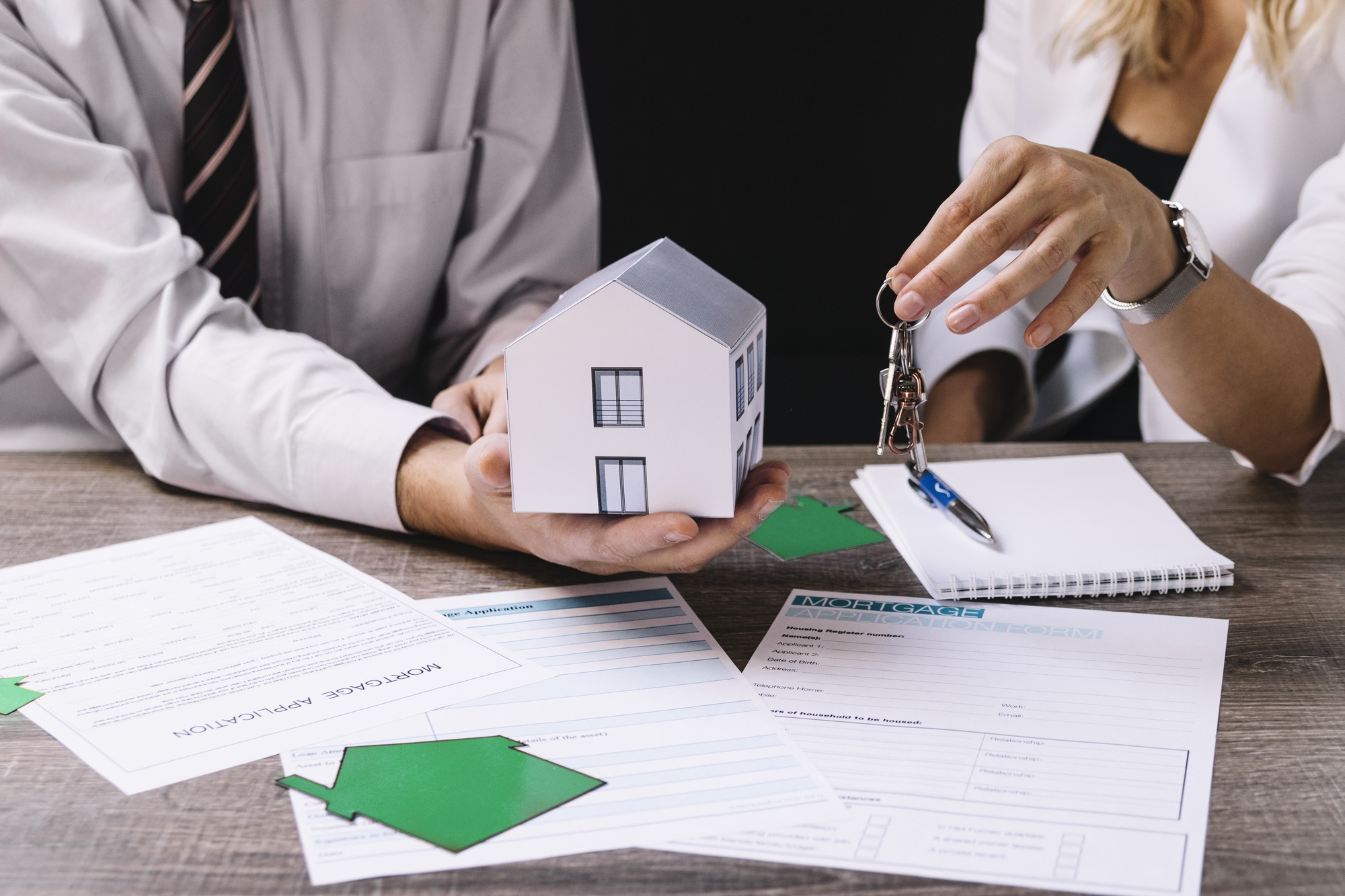Do you want a better job or to live closer to your family? Maybe this is the first time in your life that you want to buy a house. If you want to buy a new home, there are many things to consider. First, what are you looking for in terms of price?
If this is your first home, you probably have many mortgage questions. You may already own a home and have a mortgage, but you don't know what your payment terms mean or what other kinds of loans are available to homebuyers.
In this article, I wanted to go over many of these details and options to better understand what you're getting into and make it easier for you to move forward. If you look at it this way, the more you know before you start, the less likely you will be taken advantage of or get into trouble later because of something you didn't even know. Let's immediately jump in!
A Mortgage's Components
So your mortgage had four parts: the Principal, interest, taxes, and insurance. Let's go over each part so you can better understand them.
Principal
The amount you borrowed to pay for your new home is called the Principal. The quantity you paid out of pocket is subtracted from the price of the house. The Principal would be the full price of the house if you didn't put any cash down.
For example, if you bought a home for $300,000 and put 20% down (the magic 20% that most lenders like to see because it makes you a less risky buyer), your mortgage (your principal) is $240,000.
When it comes to less risky buyers, if you can put down at least 20% of the price of the house, you usually have a better interest rate and have to jump through fewer hoops to get the loan you want. At that point, the bank or lender thinks you are a better candidate because you have something at stake.
If you put less than 20% down, the bank or lender won't be able to give you the best interest rate and will probably make you buy Private Mortgage Insurance (PMI). PMI helps protect the bank or lender if you don't pay your mortgage. It is NOT the same as homeowner's insurance, which protects YOU in case of a fire, flood, burglary, etc.
Interest
Interest is what the bank charges you when you borrow money from the Principal, just like your credit card. For instance, if your mortgage balance begins at $100,000 and your interest rate is 5%, you'll have to pay $536.83 monthly for 30 years.
All of your payments on a 30-year loan add up to just under $193,259 in total. That's an extra 93% interest charge on the mortgage balance. Many people with a 30-year loan don't know how much interest they pay. This is what's wrong.
Many people can get out of debt faster by paying more headteacher each month or by signing a shorter payment plan. The 15-year term is the most well-known of these. I think you should learn more about this and compare the monthly payment to the total payment over the loan's life to ensure you're getting the best deal.
Taxes
Taxes are the quantity of property taxes that have been put on the home you want to buy. This amount is based on the area where your home is built and is a percentage of the value of your property. It helps pay for that area's city, schools, county, and state infrastructure. During the life of your loan, that value can go up or down based on how much homes in the area are worth.
Most of the time, this is already a component of your payment and will be taken out and put into an Escrow account and saved up for your payments at the end of the year. However, you can choose this when you are buying the house. You might even be able to lower your monthly bill and put the money away for your taxes.
Insurance
Home Insurance is when you pay the company you choose to protect your home from theft, fire, or any other disaster. If you don't want to pay that as part of your mortgage, you can pay the insurance company instead. But if the bank or lender thinks you are a high-risk lender, they may make you pay it with your mortgage.
Most people pay that with their monthly mortgage comment anyway because it's easier. Even though the payments on a 30-year fixed-rate mortgage stay the same throughout the life of the loan, most of the money you pay at the beginning goes toward paying the interest on the loan.
Because you pay mostly interest at the beginning of a traditional 30-year loan, it tends to take more than 20 years to pay off half of the principal amount. The other half has been paid over the past 10 years. A 30-year term amortized so slowly that after 5 years (60 payments), you still owe about 92% of the original amount.
Luckily, that changes over time, and more of your payments will start toward the Principal. You'll be putting money into your house at that juncture, which is what you want to do. But consider that most first-time buyers only stay in their homes for less than five years. Find out what you can! So, let's discuss the different mortgages or methods you can pay for your new place.
 PDF Magic
PDF Magic



